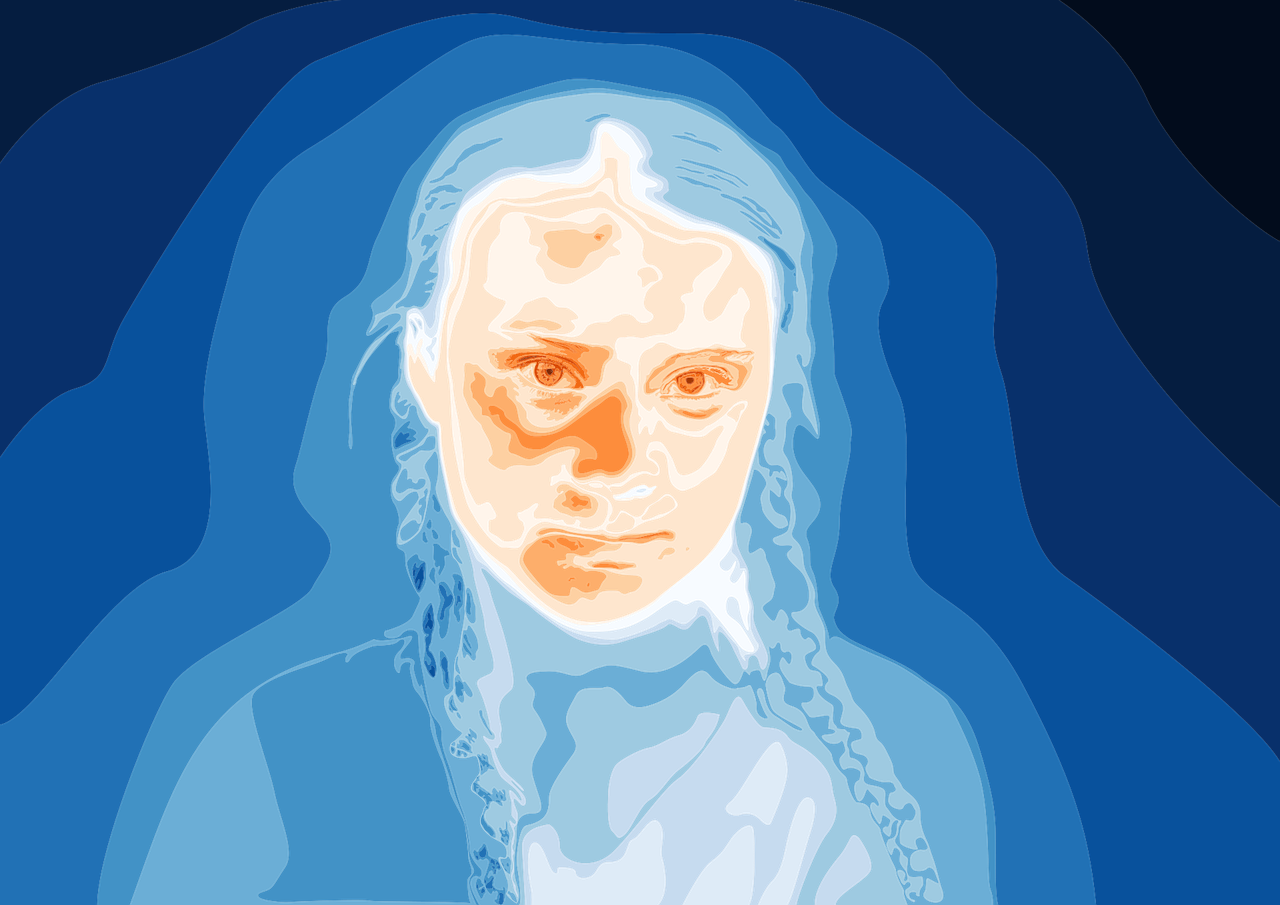Urgent govt action needed for Aotearoa’s dementia plan
Tāmaki Makaurau, - New Zealand can expect a major spike in dementia cases particularly among Māori, Pasifika and Asian communities, according to a new study.
Existing dementia support services are already struggling to cope with the increasing demand and are genuinely concerned about the sizeable dementia challenge facing New Zealand, Dementia NZ chief executive Scott Arrol says.
Dementia will cost New Zealand nearly $6 billion a year by 2050 and one in four New Zealanders will die with the condition.
The World Health Organisation has made an appeal for renewed commitment from governments around the planet to have a plan for dealing with dementia, Arrol says.
“Our government is among those countries without a plan but they have indicated support for the updated dementia mate wareware action plan.
“It has been delivered to Associate Health Minister Ayesha Verral by the lead dementia mate wareware organisations who have collaboratively developed the plan for the sector,” Arrol says.
The sector groups who jointly developed the updated Plan were Dementia NZ, Alzheimers NZ, NZ Dementia Foundation and the Mate Wareware Advisory Rōpū. Mate refers to being unwell while wareware means to forget or be forgotten.
Kaiwhakarite of the Mate Wareware Advisory Rōpū, Dr Makarena Dudley acknowledges the partnership with Māori in the development of the plan.
“This plan addresses the inequities experienced by Māori as well as other cultural groups living with mate wareware in Aotearoa New Zealand,” Dr Dudley says.
Arrol says they are calling on health minister Andrew Little and the associate minister to deliver on the dementia mate wareware action plan without further delay.
“By working together, the sector groups have shown the way on how plans for the provision of these crucial health services can be developed with a firm focus on what is best for those who require these services now and into the future.”
“We have invested our own resources, commitment and vision for how people with dementia mate wareware and their whanau must be supported. In doing so, the plan has strengthened its Kaupapa Māori, equity provisions and to reflect the reforms to the country’s health and disability system.”
Arrol says there are about 70,000 Kiwis currently living with dementia mate wareware and this is projected to grow to 170,000 in the next 25 years.
“This includes sharp increases in the percentage of people in Māori, Pasifika and Asian communities developing the disease as identified in the dementia economic impact report 2021.
“With immense pressure already being felt by the providers of dementia mate wareware community support services there also must be an urgent review of funding levels for the provision of these services.
“Things are on a knife edge currently with a big gap between government funded services and the sharp growth in demand, which is forcing providers such as Dementia NZ and Alzheimers NZ to increasingly bridge the funding gap with fundraising activities, grants, donations and events.
“We are having to rattle tins on street corners and rely on the generosity of fellow Kiwis and money from gambling proceeds to make ends meet while the demand on our services grows exponentially. Many people are missing support due to the lack of government funding and delays in delivering on the plan.”
For further information contact Make Lemonade editor-in-chief Kip Brook on 0275 030188















Lisa was born in Auckland at the start of the 1970s, living in a small campsite community on the North Shore called Browns Bay. She spent a significant part of her life with her grandparents, often hanging out at the beaches. Lisa has many happy memories from those days at Browns Bay beach, where fish were plentiful on the point and the ocean was rich in seaweed. She played in the water for hours, going home totally “sun-kissed.” “An adorable time to grow up,” Lisa tells me.
Lisa enjoyed many sports; she was a keen tennis player and netballer, playing in the top teams for her age right up until the family moved to Wellington. Lisa was fifteen years old, which unfortunately marked the end of her sporting career. Local teams were well established in Wellington, and her attention was drawn elsewhere.